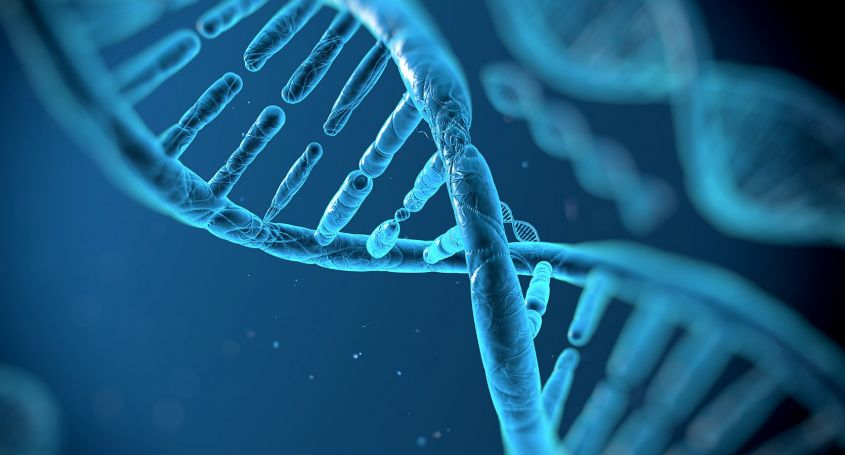Do you know that transferring embryos with genetic abnormalities may decrease the pregnancy rate and increase the percentage of miscarriages? Do you know what preimplantation genetic diagnosis is? Here you will find what you need to know about heritable genetic damages and how to prevent them in an assisted reproduction treatment.
What is Preimplantation genetic diagnosis?
Preimplantation genetic diagnosis (PGD) is a diagnostic technique that allows us to detect genetic abnormalities in the embryo before its transfer to the mother’s uterus. Its goal is to prevent the transmission of some diseases or heritable genetic damages.
How is it done?
After In Vitro fertilisation is done and before the embryo is transferred into the uterus, the genetic material is studied to screen possible genetic alterations. This is performed when the embryo reaches the blastocyst stage on day 5-6 of its development. It is at this phase when a biopsy is carried out in every embryo and those that contain chromosomal abnormalities or any particular hereditary disease are dismissed. After the biopsy, the embryos are frozen and afterwards up to 3 are transferred.
Is it always recommended?
Preimplantation genetic diagnosis (PGD) is recommended in those cases in which there is a chromosomal risk for the embryo, such as:
- Couples with recurrent miscarriages
- Women of advanced reproductive age
- Implantation failures
- Genetic male factor
It is also recommended to avoid the transmission of any genetic disease for which both parents are carriers.
What diseases can we get from DGP?
There are many genetic diseases, caused by mutations, that could damage the embryo such as Cystic fibrosis, Huntington disease, Thalassemia or tuberous sclerosis.
As science progresses, new alterations are added to the list. That’s why it is important to consult a specialist about your pathology.
In Barcelona IVF, we are thrilled to assist you!















